A far smarter person than me once said something along the lines of “I won’t put anything on my skin that I wouldn’t eat”. I feel that this is a wonderful mantra to carry with each of us throughout the day. Think of this each time you do the dishes, wash your hair, clean your clothing, wash your face, and even put on lotion.
Do you know the exact ingredients in the products you’re using? If the answer is no then unfortunately you may be putting loads of harmful chemicals into your body without knowing it. Luckily, the levels of these chemicals are so low when used in this manner that unless the product was directly ingested it shouldn’t cause sickness immediately.
However, with all the different unknown ingredients we are all touching and eating each day it is a wonder that we are surprised when find we have dry skin, skin irritation, rosacea and many more extremely common ailments leading all the way up to cancer.
Using laundry detergents, soap, and household cleaners is a part of everyday cleanliness. However, just using these products is in turn allowing chemicals to enter into our bodies. Just because a product isn’t ingested doesn’t mean that the chemicals aren’t absorbed into the bloodstream. Skin is the largest organ of the body. Everything that touches our skin is absorbed into the body through the bloodstream then is distributed throughout the body via blood cells.
Common chemicals that are used in many household cleaners have been known to cause cancer – specifically breast cancer, which is more common than any other cancer, outside of lung cancer, for women. In 2015 alone, an estimated 231,840 new cases of invasive breast cancer are expected to be diagnosed in women in the U.S.
Here is a breakdown of some of these cancer causing chemicals. Each one of these chemicals is harmful to our bodies, yet we continue to see these used in cleansers everywhere. One huge reason is because sadly many man-made compounds are cheaper to source and produce than organic ones. This fact tragically leads to not only illness for those who use the products, but unfair working conditions and animal testing as well.
1. Alkylphenols
Alkylphenols are industrial chemicals used in the production of detergents and other cleaning products. They’re also found in personal care products, especially hair products, and are an active component in many spermicides. Alkylphenols are endocrine disruptors that have been shown to alter mammary gland development in rats.
2. Triclosan
Triclosan is used in a wide variety of household products, including some toys, cleaning products, and household items with antimicrobial properties such as hoses, cutting boards and socks. The chemical, which is classified as a pesticide, can affect the body’s hormone systems—especially thyroid hormones, which regulate metabolism—and may disrupt normal breast development. Widespread use of triclosan may also contribute to bacterial resistance to antimicrobial agents.
3. Tetrachloroethylene (PERC)
Tetrachloroethylene, also known as perchloroethylene or PERC, is a common dry-cleaning chemical. This chemical accumulates in body fat and may therefore remain in the body for a long period of time. Studies have shown that women exposed to this chemical have an increased risk for breast cancer. Short-term exposure may cause skin irritation, dizziness and headaches.
4. PFOA
Perfluorooactanoic Acid (PFOA) is part of a larger class of chemicals known as perfluorinated compounds (PFCs). PFCs and PFOA in particular, are the bases for non-stick coatings on cookware; stain guards on clothing, upholstery and carpet; and waterproof clothing. Waterways and ground water near manufacturing plants tend to have high PFOA concentrations. Exposure to the compounds has been associated with delayed menstruation, later breast development and increased incidence of breast cancer.
5. Dyes in Cleaning Products
Dyes in cleaning products are often unlabeled on the products’ ingredient lists, but are often comprised of several different chemicals, some of which are known carcinogens. Although there is no data on breast cancer specifically, these chemicals are rarely necessary, particularly considering potential risks.
If you feel that you could be at risk for any type of cancer please see a physician immediately. There are also helpful tools to let you know, with actual medical information, how threatened you might be for cancer. Again, this information should always be discussed with a doctor.
Changing the types of companies and products you decide to support could put a significant dent in the health of you and your loved ones. Please understand the risks with using these types of products regularly. Wonderful environmentally conscious companies, like Rockin’ Green, exist to help provide your home with the tools necessary to live a clean and healthy lifestyle.
Guest Blog by Trisha Miller
Trisha is a freelance write from Boise, ID. She is a dedicated vegan who enjoys an all around healthy lifestyle. She supports all efforts to make the world a kinder place. You can find her gardening at home, writing, spending time with her two cats, and video gaming.
Interested in writing a guest blog for Rockin’ Green? Send your topic idea to pr@rockingreensoap.com.
All data and information provided on this site is for informational purposes only. Rockin’ Green makes no representations as to accuracy, completeness, current-ness, suitability, or validity of any information on this site and will not be liable for any errors, omissions, or delays in this information or any losses, injuries, or damages arising from its display or use. All information is provided on an as-is basis.
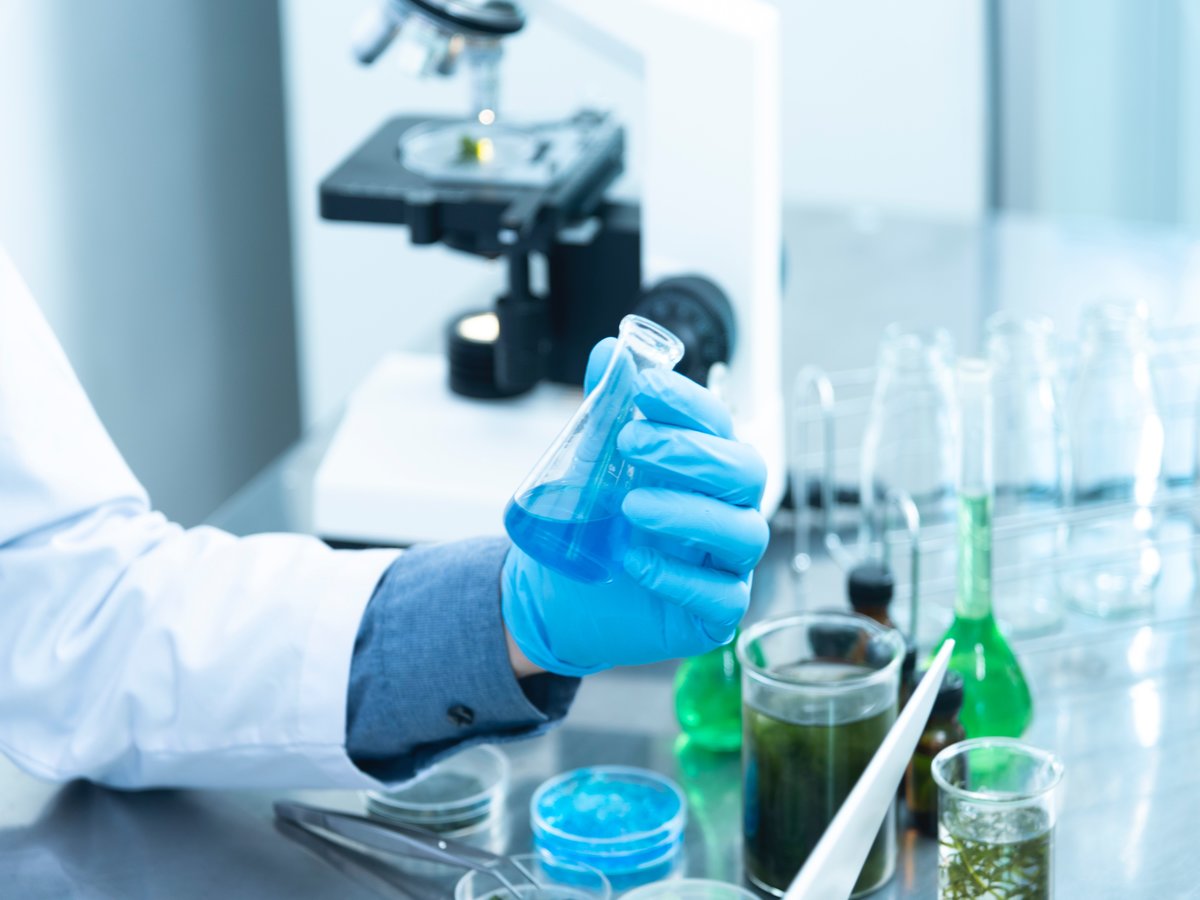

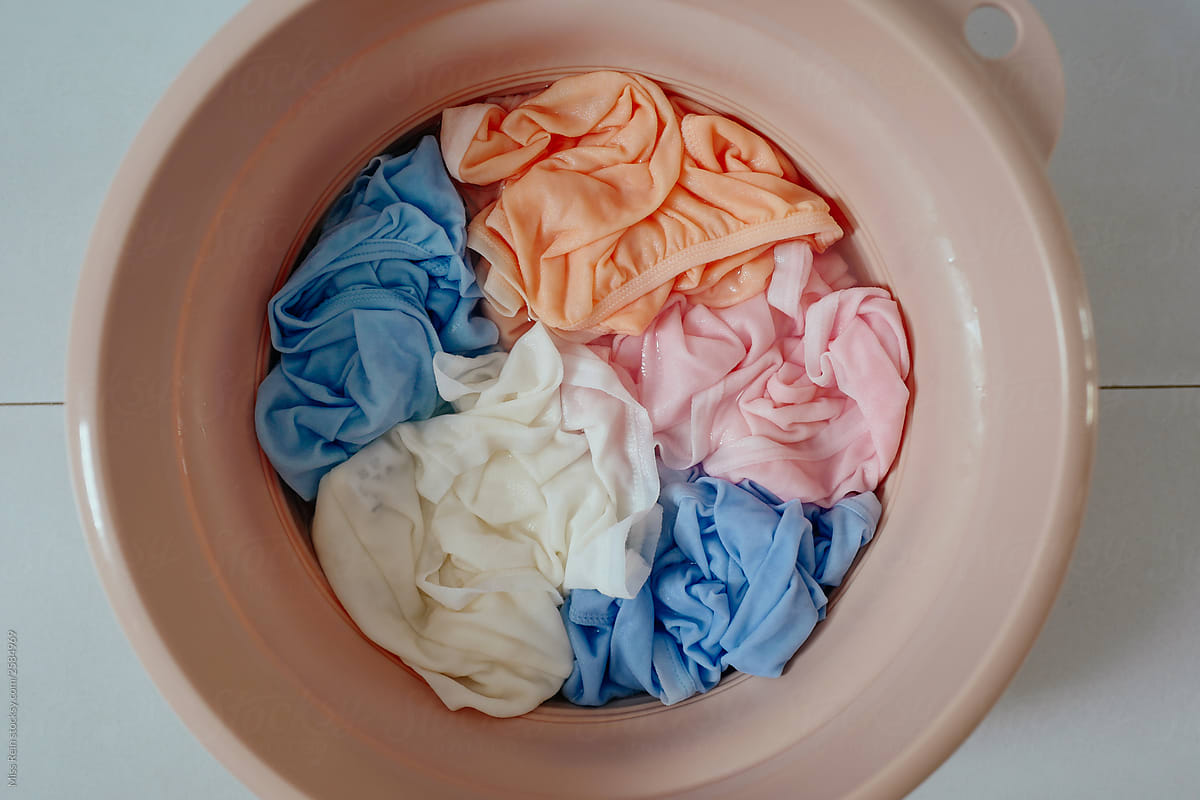
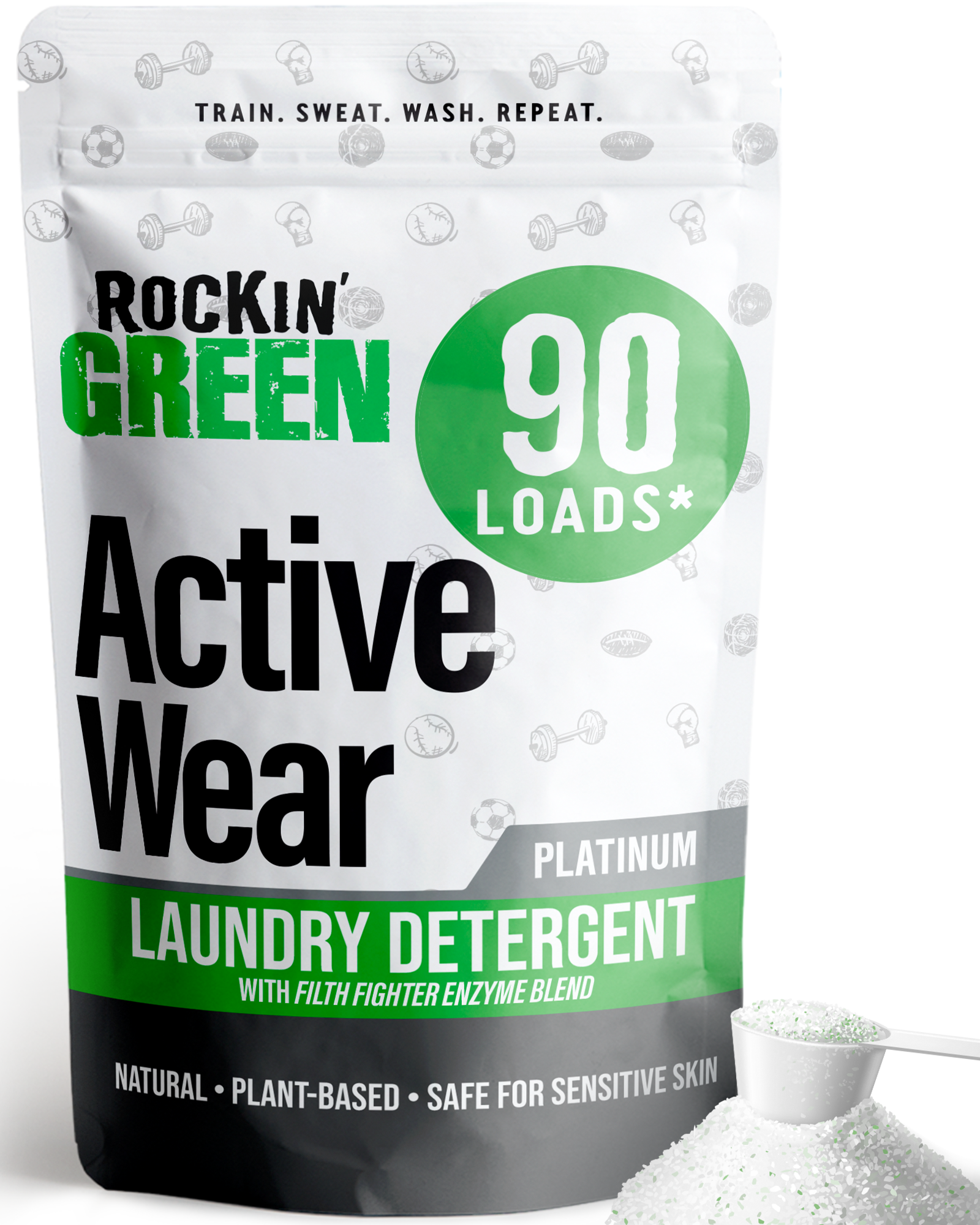
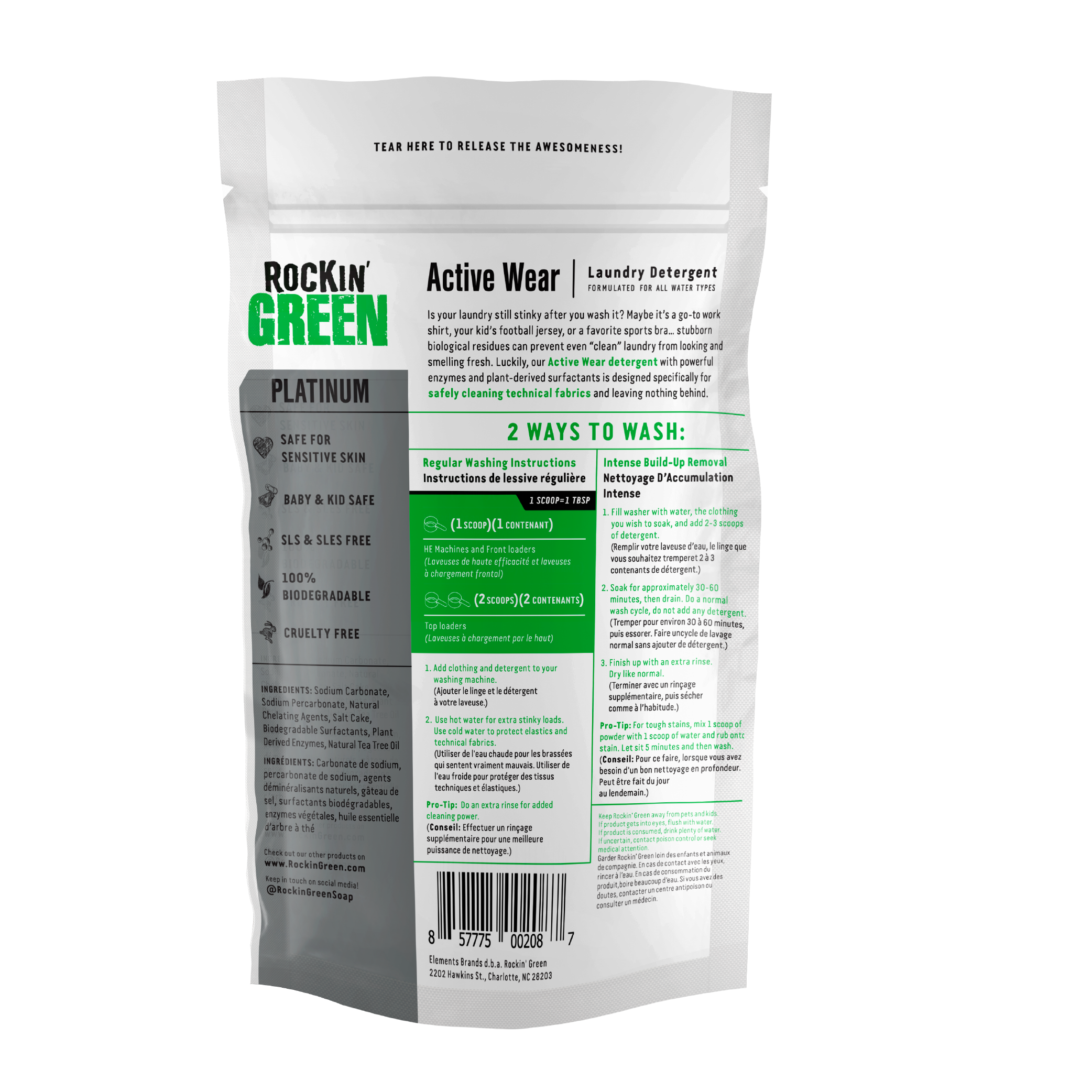
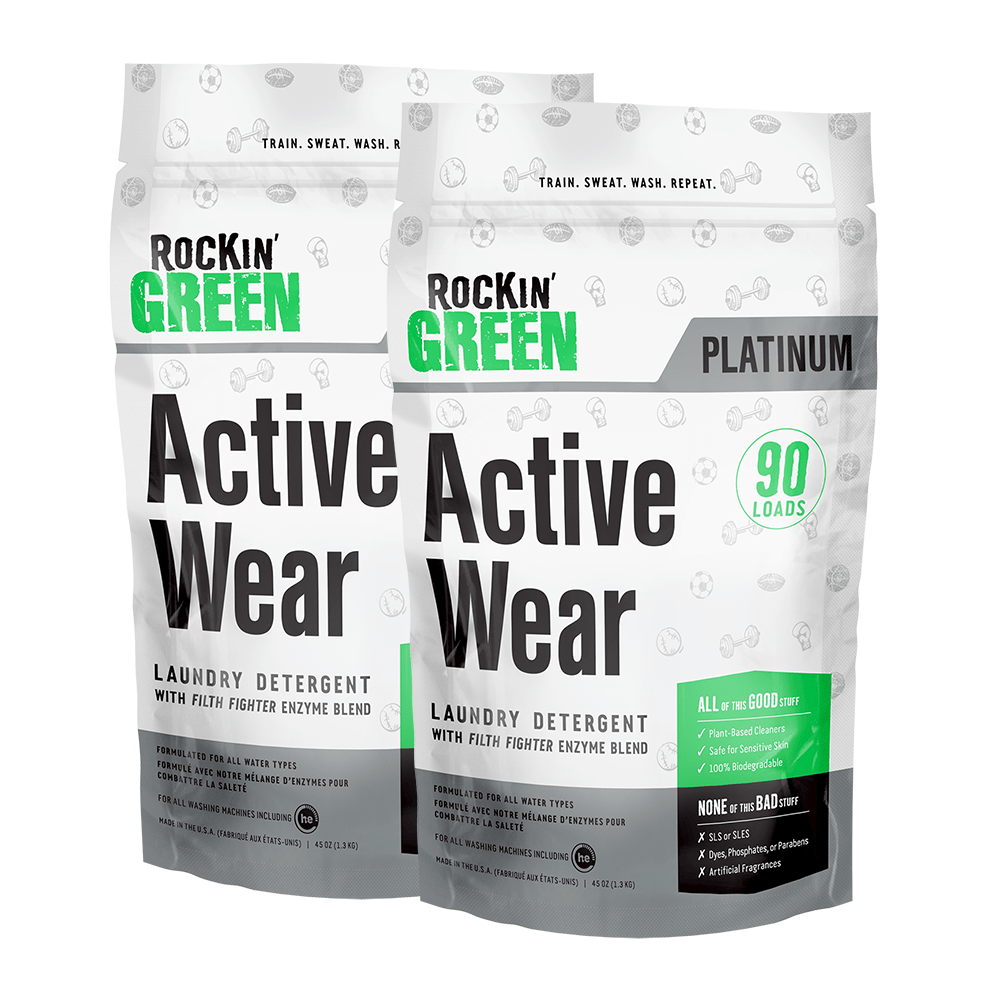
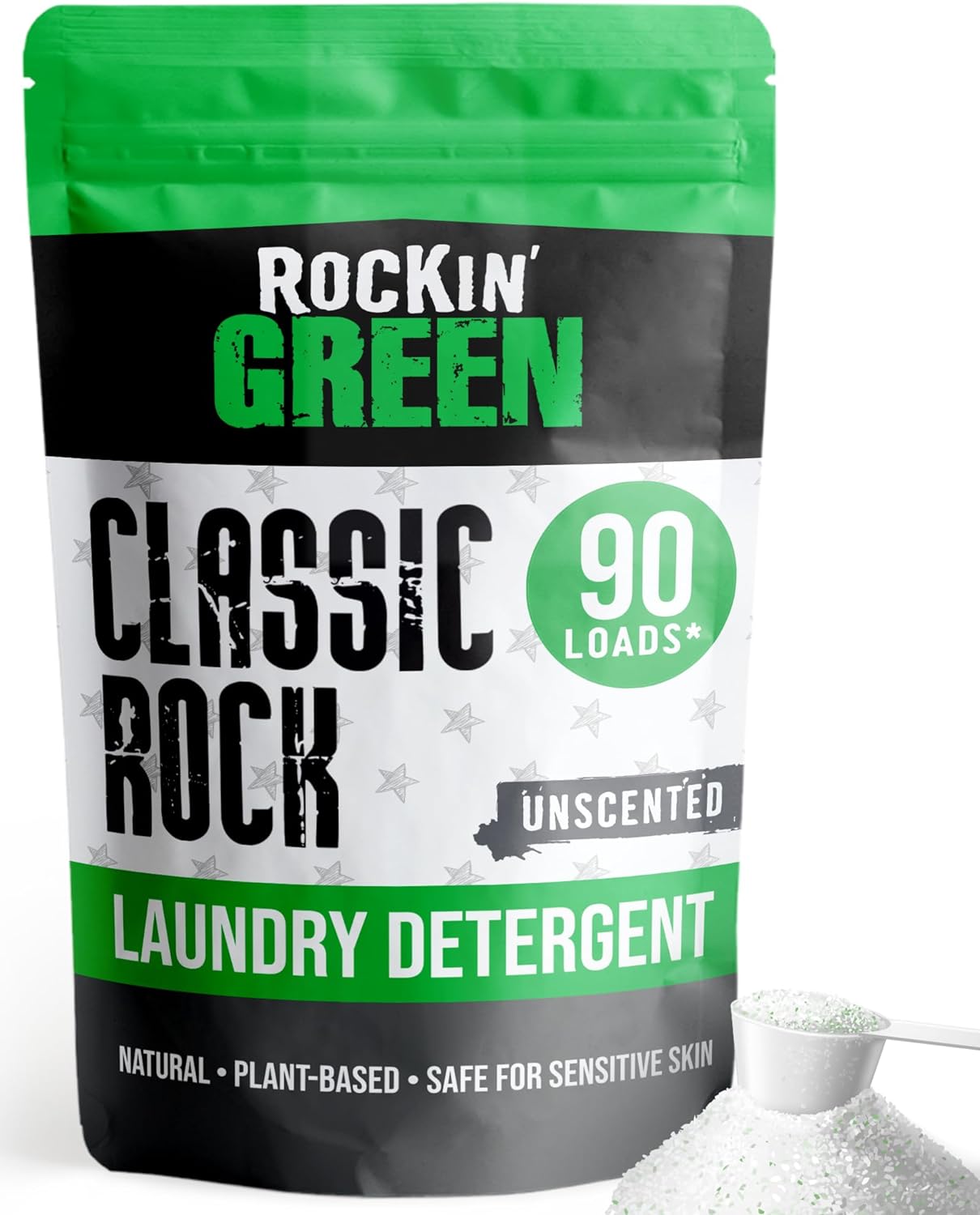
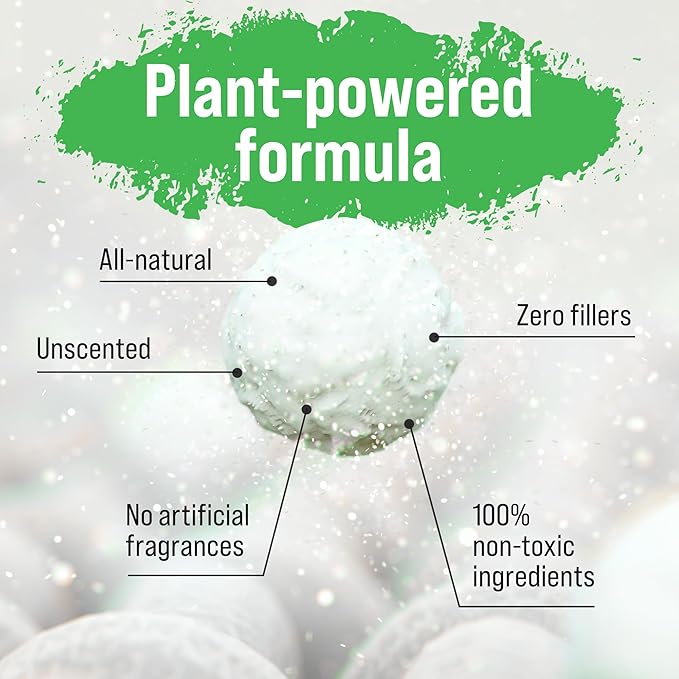
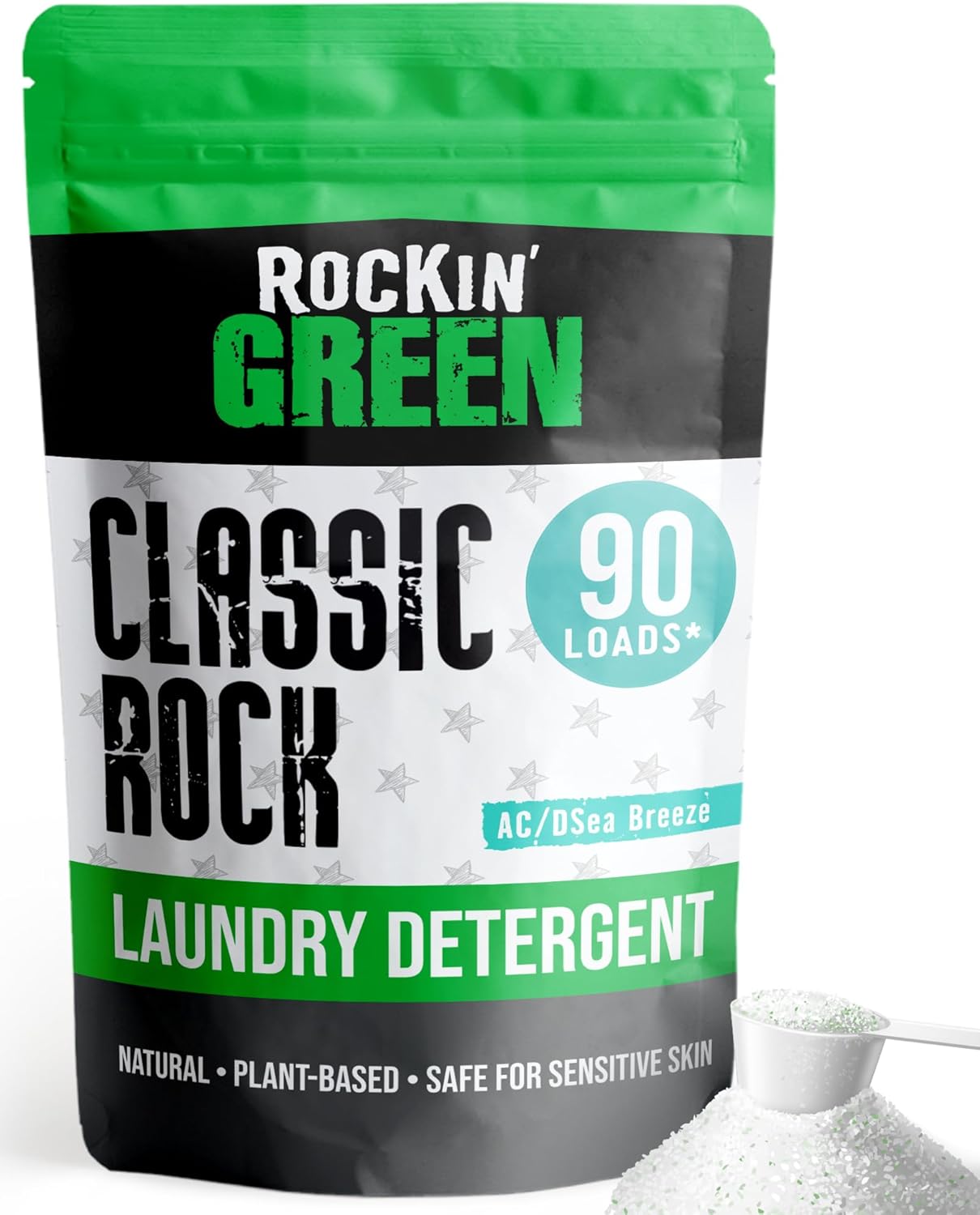
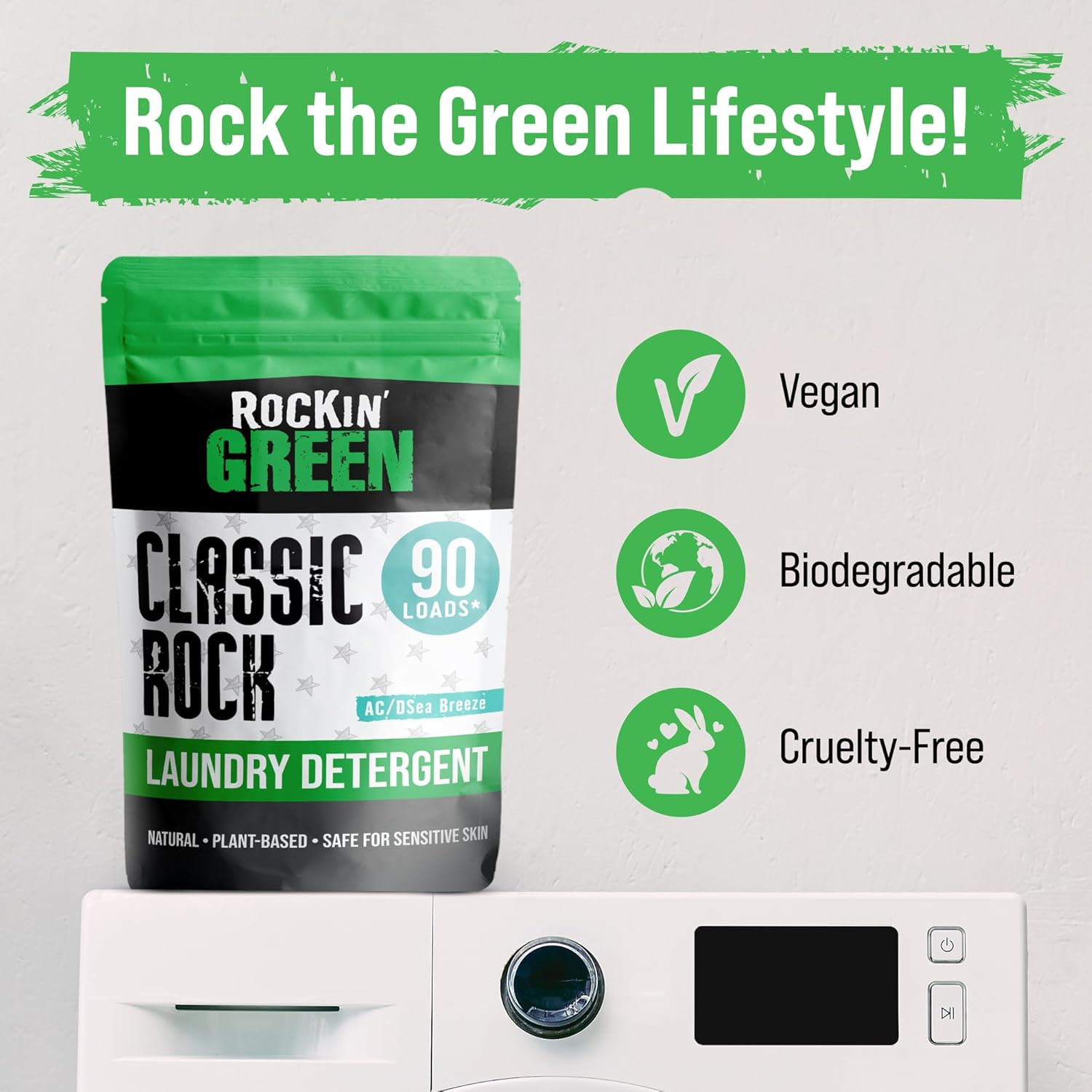
Leave a comment
This site is protected by hCaptcha and the hCaptcha Privacy Policy and Terms of Service apply.